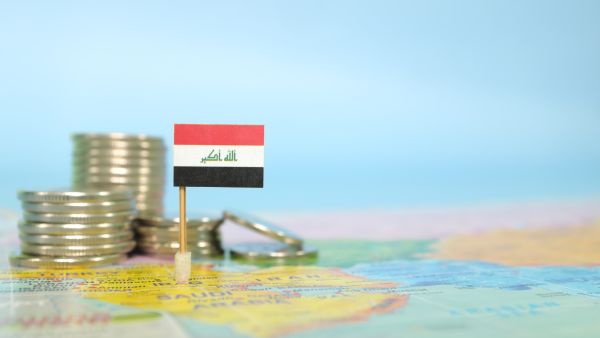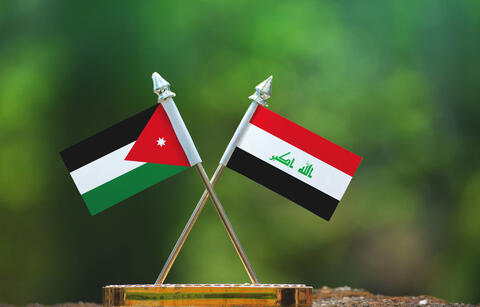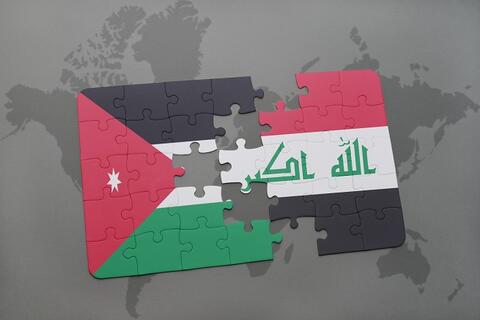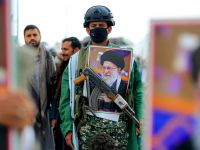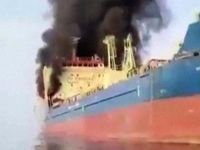Iraq is one of the wealthiest countries in the world in terms of resources, but Iraq’s economy is nowhere as rich.
If we were to look at the Iraqi economy, we need to examine the different phases the country has gone through over the last three or more decades.
While Iraq is one of the richest countries in the world in terms of valuable natural resources, namely oil and gas, the country's potential remains unlocked due to decades of political storms, violent conflicts, and deep corruption.
Over the past few weeks, Iraq lived through yet another major political hurdle, one that reignited fears of its economy facing a new set of challenges.
Source
Overview of Iraq’s Economy
- Iraq is a country of +40 million people, with literacy rates exceeding 85.60% and a GDP per capita approaching $5900 USD.
- Iraq's most valuable commodity is oil, making its economy overwhelmingly reliant on its oil wealth.
- Oil makes up 99% of oil exports, 85% of its government budget, and 42% of its GDP.
- On a global rank, Iraq has the world's 5th biggest reserve of oil and is the 6th largest producer, offering the world about 4% of its oil needs.
- Iraq is also rich in natural gas, being the 33rd-largest producer, and has the world's 12th-largest reserves.
- Iraq's non-oil economy is largely driven by the country's sectors of agriculture, food processing, chemicals, fertilizer, textile, leather goods, construction materials, tobacco, paper, and others.
These figures sadly do not match Iraq's economic reality, as the country still lacks developed infrastructure, basic health services, or even oil-derived services such as consistent electricity.
Challenges Facing Iraq's Economy
As a matter of fact, Iraq's economy is suffering acute consequences of the different crises that rocked the country for decades, starting from years of Western-imposed sanctions during the 1990s, the US military intervention in 2003, the civil war during the 2000s, the global economic shock in 2008, the battle against ISIS in mid-2010s, and finally the economic meltdown caused by COVID19 in 2020.
Prior to the COVID-19 pandemic in 2020, Iraq had lived through several months of mass protests by average Iraqis who had demanded better living conditions and an end to the country's, then, unemployment crisis among youth, which had reached (25%).
However, protests that started in October 2019 were interrupted by the outbreak of COVID-19, the pandemic that aggravated the Iraqi economy's status.
Being an oil-reliant economy, Iraq received a major blow in 2020, as oil prices dipped to historic lows, severely affecting the country's budget. During 2020, Iraq's GDP shrank by 11.3%, before being able to climb by 1.3% in 2021, as oil prices rebounded globally.
Each of these crises has left its mark on the Iraqi economy, making it hard for its oil wealth to make up for the volatile economy.
Currently, Iraq's unemployment rate among youth exceeds 35% and government revenues are experiencing slow growth, thanks to soaring oil prices throughout 2022. However, the country's economy will remain prone to instability and turbulence as long as political instability continues and as long as its wealth is still as dependent on the oil industry.


